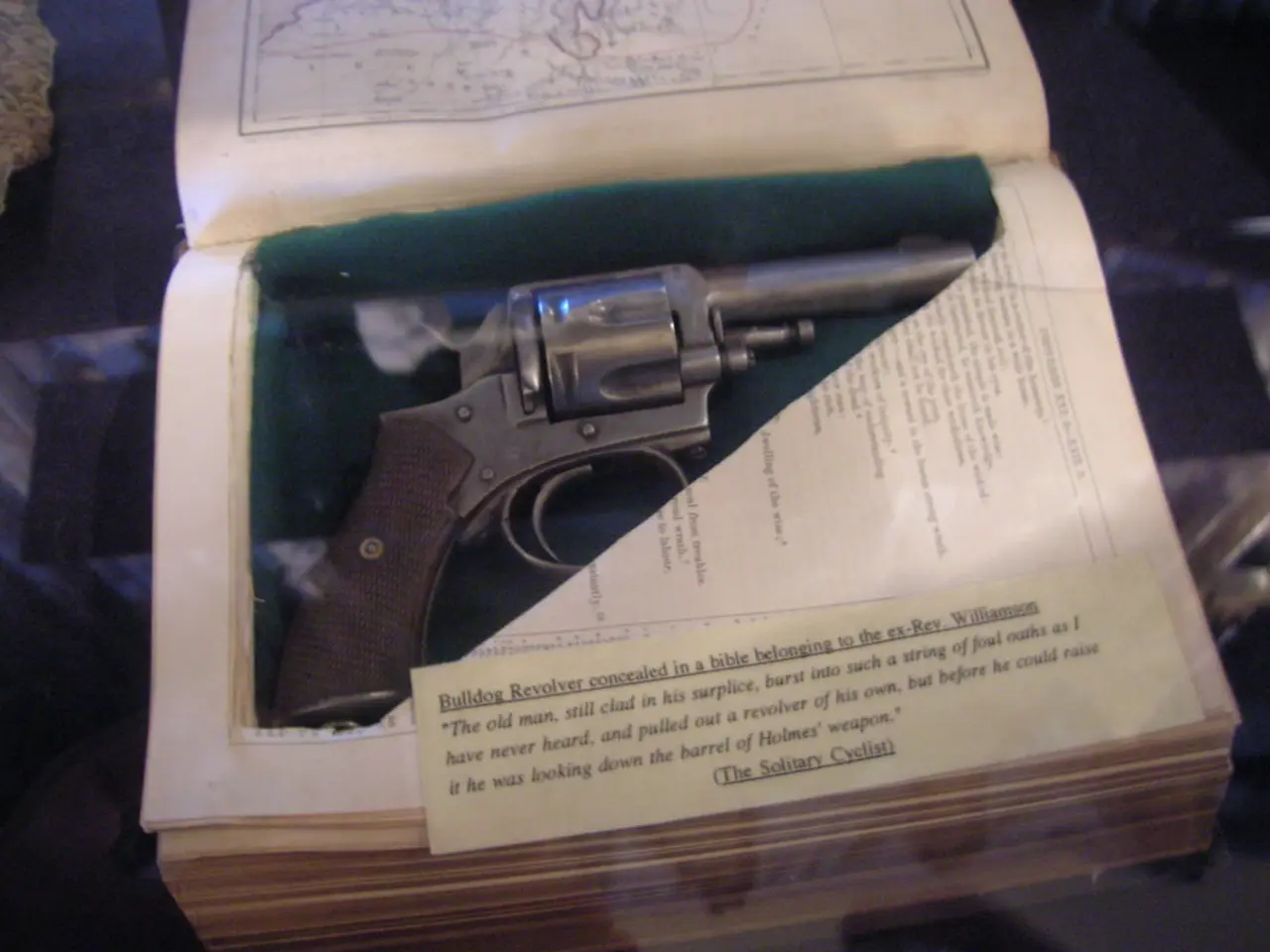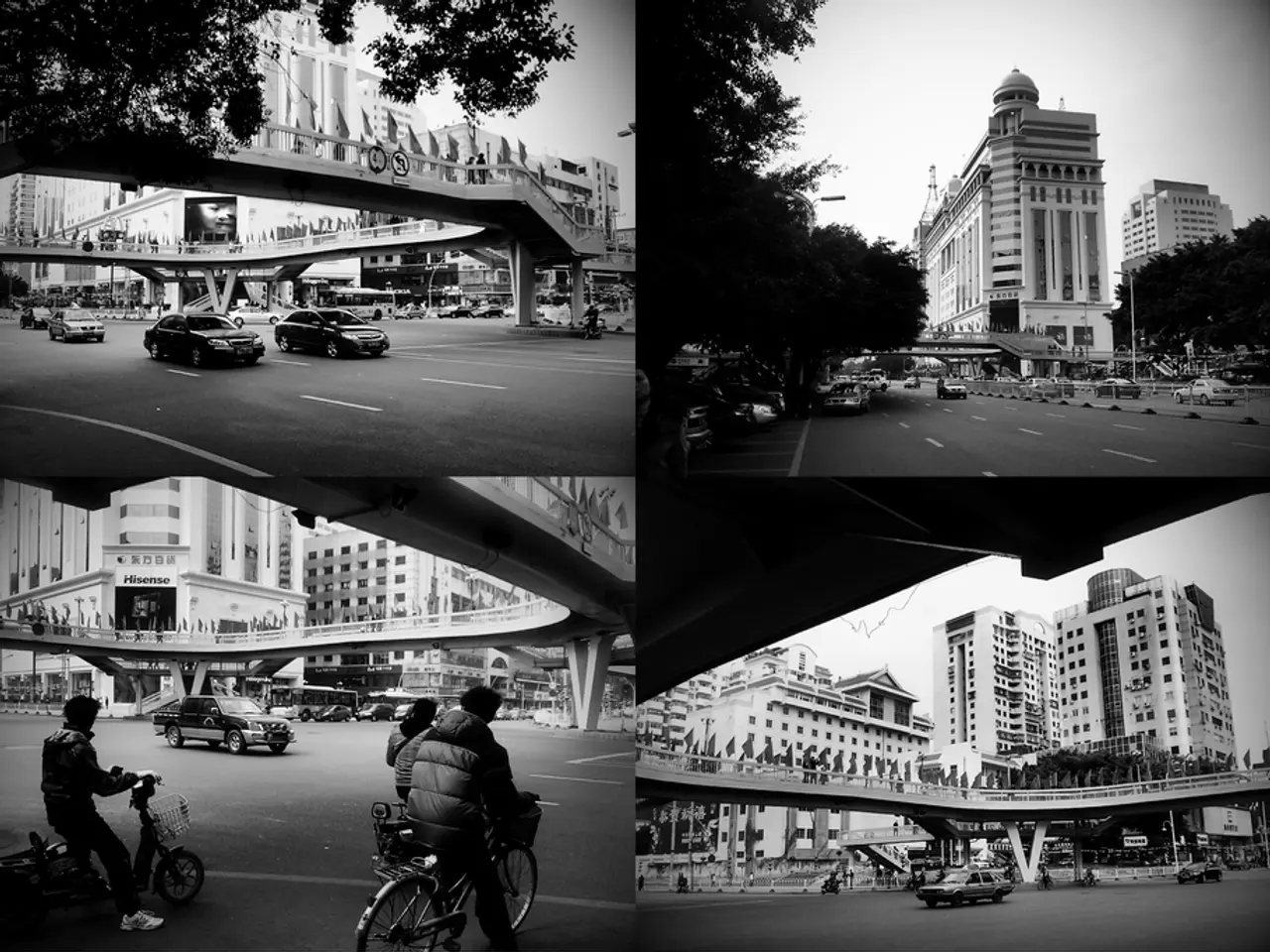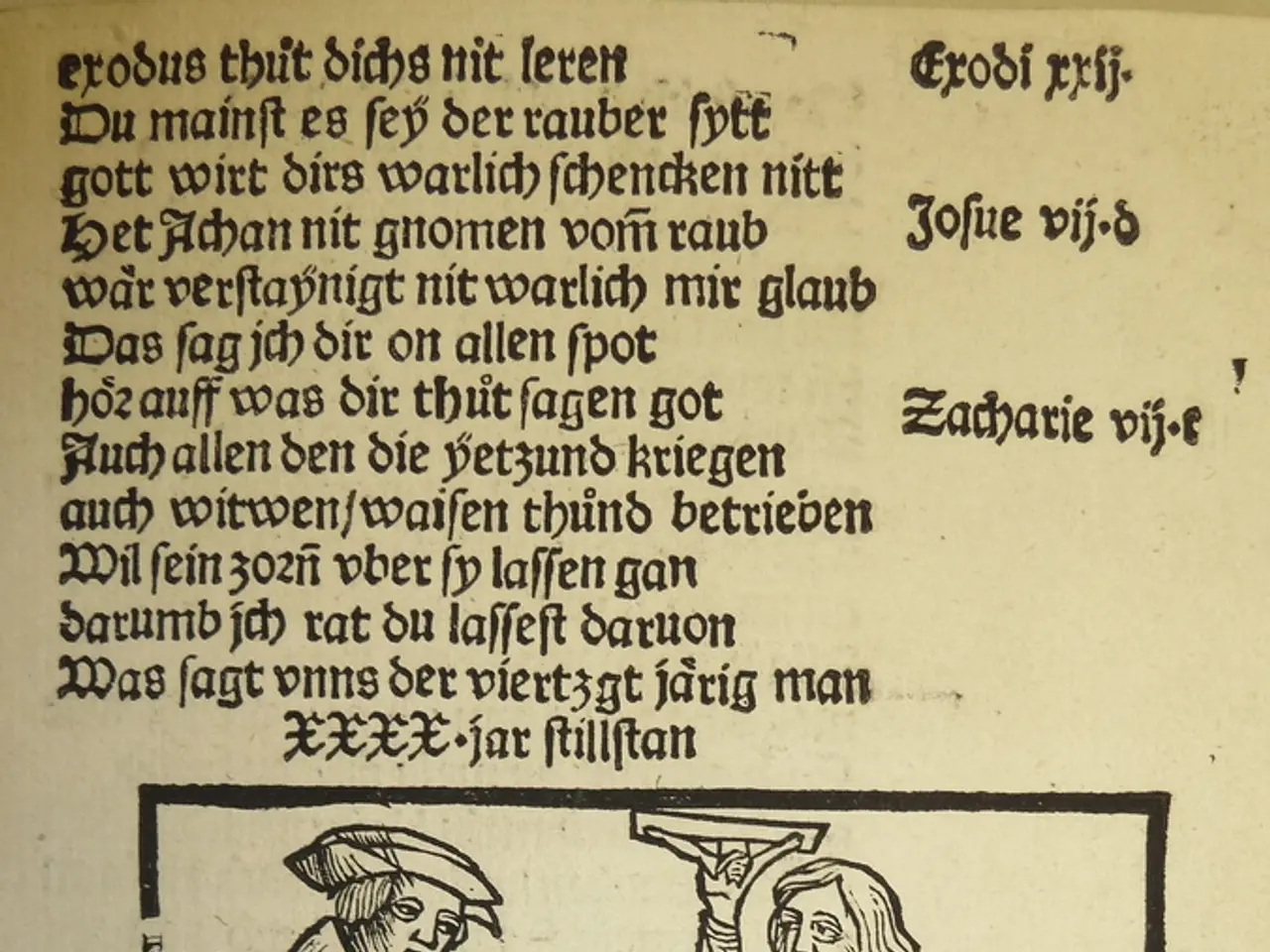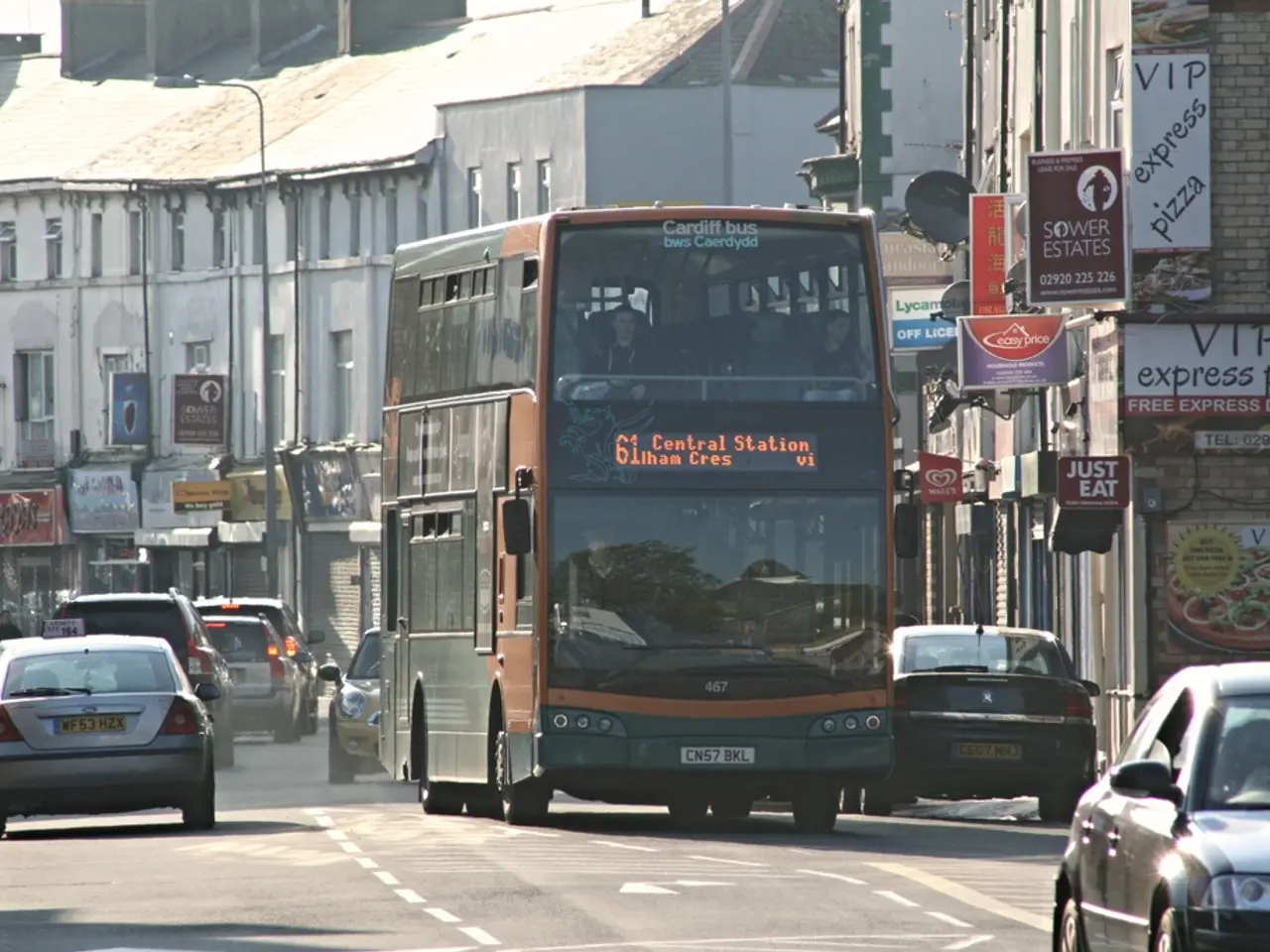Judgment Postponed on Justice Varma's Appeal Challenging Panel's Report
The Supreme Court of India has reserved its judgment on the writ petition filed by Allahabad High Court judge Justice Yashwant Varma, who is challenging an in-house inquiry report that found him guilty of misconduct in the cash discovery matter at his official residence. The Court is also considering the recommendation made by then Chief Justice of India Sanjiv Khanna for Justice Varma's removal.
The background to the case is that in March 2025, a large amount of unaccounted cash was found at Justice Varma's Delhi residence, triggering an in-house inquiry by a Supreme Court-appointed three-member committee. The committee's final report, submitted in May 2025, found Justice Varma guilty of misconduct and indicated "strong inferential evidence" of his covert control over the cash.
Justice Varma has contested the in-house inquiry process, arguing that he was not given a fair chance to respond and that the CJI’s recommendation should be declared "non-est" (non-existent). He filed a writ petition challenging both the findings and the process itself.
During the hearing, the bench, comprising Justices U.U. Lalit and Bela M. Trivedi, questioned why Justice Varma appeared before the inquiry committee initially if he now contests its findings. The bench also questioned why Justice Varma did not challenge the jurisdiction of the in-house inquiry committee then and there, and why he did not approach the Supreme Court earlier.
Senior Advocate Kapil Sibal, appearing for Justice Varma, argued that any parallel or extra-constitutional mechanism is unconstitutional. He also referred to Articles 124 and 218 of the Constitution, which prescribe a comprehensive procedure for the removal of judges under the Judges (Inquiry) Act, 1968.
The bench noted that the in-house process gives the Chief Justice of India duties beyond those of a mere "post office." However, Justice Datta countered that three Supreme Court judgments have reaffirmed the in-house procedure since its inception and explained that its origins lie in judgments delivered by the Court itself.
The Supreme Court uploaded the in-house inquiry report on its website, including photos and videos of the cash discovered during a firefighting operation at Justice Varma's residence. However, the Court agreed with Justice Varma that it should not have been.
The in-house inquiry lacks the safeguards of the Judges (Inquiry) Act, such as strict evidence standards and cross-examination of witnesses. The bench expressed concern that the CJI's recommendation for removal "sounds the death knell" for a judge and sets a dangerous precedent.
The bench also questioned advocate Mathews J. Nedumpara about whether he had approached the police with a formal complaint before seeking an FIR against Justice Varma.
The Supreme Court case involving Justice Yashwant Varma is currently pending, with the Supreme Court weighing the validity of the in-house inquiry process, the adequacy of Justice Varma’s opportunity to respond, and the constitutionality of the CJI’s recommendation for his removal. The Court has reserved its order on the matter, with no final verdict delivered yet.
The ongoing Supreme Court case surrounding Judge Justice Yashwant Varma delves into political discourse, as the Court considers the validity of an in-house inquiry process that found him guilty of misconduct. The case, which also engages with general-news topics such as the discovery of unaccounted cash at his residence, raises questions about justice and crime-and-justice issues, particularly the constitutionality of the Chief Justice of India's recommendation for his removal.
The Supreme Court is grappling with the arguments presented by Senior Advocate Kapil Sibal, who claims that any extra-constitutional mechanism, like the in-house inquiry, is unconstitutional. Meanwhile, the bench is expressing concerns over the lack of safeguards in the in-house inquiry process and its potential impact on the future of judges facing similar allegations.





